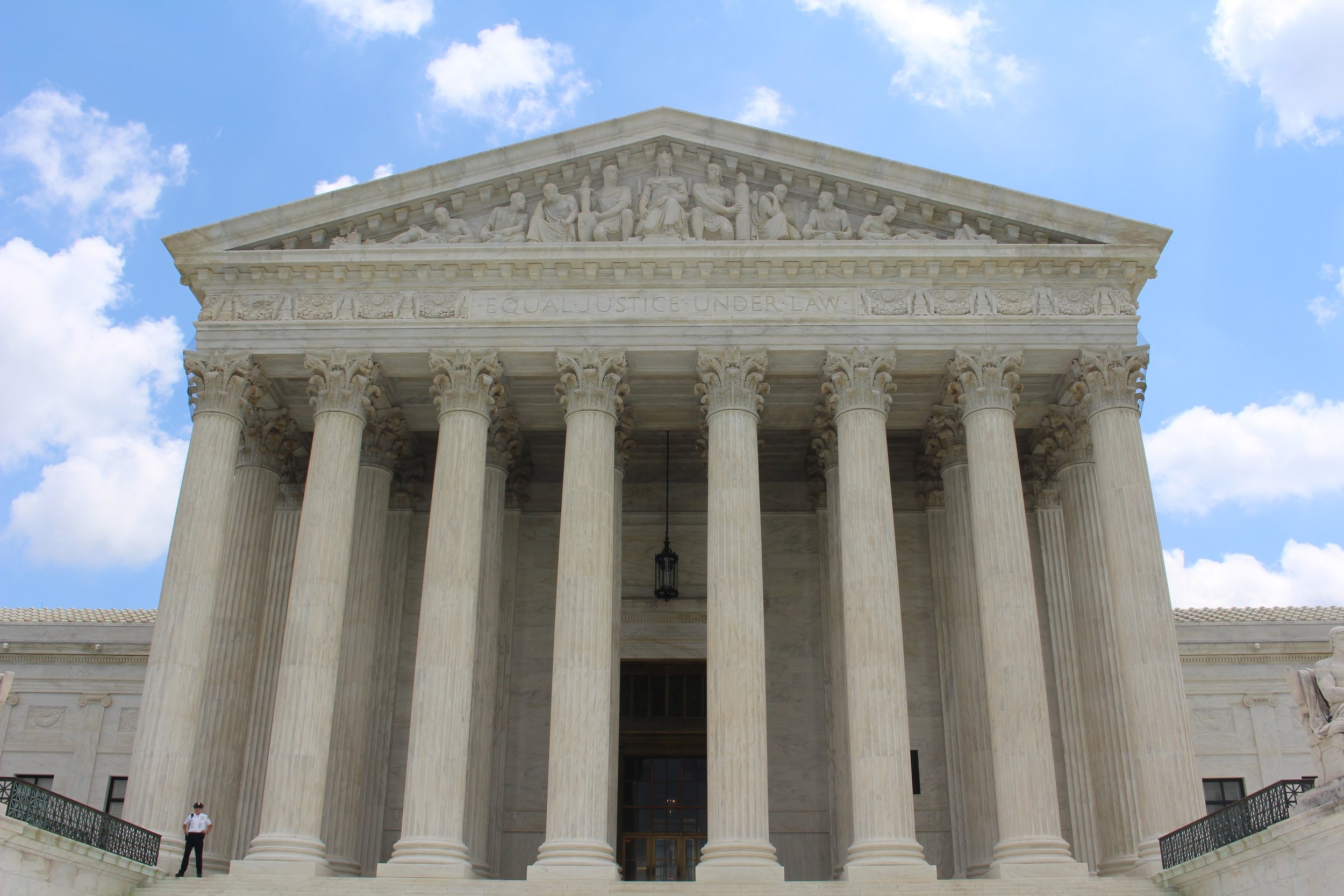Comprehending the Role of a Post-Conviction Lawyer in Seeking Justice After a Criminal Sentence
In the facility landscape of post-conviction lawful procedures, the function of a post-conviction attorney is critical in navigating the path to justice after a criminal sentence. Past the boundaries of a test, these lawyers take part in a complex technique focused on discovering new evidence, tough lawful errors, and advocating for their customers' legal rights. The complexities of post-conviction work call for a mix of legal acumen, investigative abilities, and calculated believing to unravel the intricacies of a situation and pursue avenues that might have been ignored or underexplored. As the pursuit of justice expands beyond the confines of first procedures, the role of a post-conviction legal representative arises as a beacon of wish for those seeking to correct oppressions and redeem their legal rights within the legal system.
Post-Conviction Lawyer's Investigative Work
Post-conviction lawyers participate in meticulous investigative work to uncover new proof, step-by-step mistakes, or misconduct that could possibly bring about reversing a conviction. This investigative phase is vital in the post-conviction process as it aims to recognize any kind of forgotten information or legal mistakes that may have affected the result of the preliminary trial. Post-conviction attorneys look into instance documents, witness testimonies, and legal paperwork with a fine-tooth comb, looking for any type of discrepancies or abnormalities that could be premises for charm.
Through detailed investigation, post-conviction attorneys intend to shed light on possible injustices that may have taken place during the original test. By scrutinizing every facet of the legal procedures, post-conviction lawyers function tirelessly to discover any type of variables that may have affected the judgment.
Crafting Appeals and Petitions
In the quest of justice after a sentence, competent legal representatives carefully craft charms and applications to existing compelling disagreements for the reconsideration of lawful choices. Crafting allures and applications requires a deep understanding of the lawful system, attention to detail, and strategic thinking. Post-conviction lawyers analyze trial records, identify potential errors or offenses of civil liberties, and develop lawful arguments to test the sentence or sentence.
When crafting an allure, legal representatives focus on highlighting lawful mistakes that might have impacted the result of the situation. They investigate case law, laws, and legal precedents to sustain their debates. Requests, on the other hand, may involve offering brand-new proof that was not offered during the trial or demonstrating adjustments in the regulation that warrant a testimonial of the sentence.
Additionally, post-conviction lawyers should abide by strict step-by-step policies and deadlines when submitting allures and applications. They must present their debates clearly and persuasively to encourage the court to approve relief to their customers. With meticulous crafting of allures and requests, post-conviction attorneys strive to safeguard justice for people who have actually been wrongfully convicted or unjustly sentenced.

Going After Post-Conviction Relief
Post-conviction alleviation incorporates a variety of legal mechanisms made to test the validity of a sentence or sentence. Post-conviction attorneys play an important role in browsing these complicated procedures, making certain that all legal alternatives are checked out to correct oppressions that might have taken place during the test or sentencing phase.
One common type of post-conviction relief is submitting a petition for post-conviction alleviation, generally based upon claims of inadequate support of advise, prosecutorial misbehavior, freshly discovered proof, or constitutional violations. These applications require a detailed analysis of the test record, legal study, and persuasive campaigning for to convince the court to approve relief. Experienced post-conviction attorneys possess the skills and expertise required to recognize practical lawful claims, perform investigations, and present engaging arguments to safeguard alleviation for their clients. By carefully seeking post-conviction relief, these lawful professionals aim to deal with miscarriages of justice and support the concepts of justness and due procedure in the criminal justice system (Attorney).
Utilizing Forensic Evidence
When challenging a conviction or sentence, the tactical use of forensic evidence can be a powerful device in post-conviction lawful procedures. Forensic evidence includes a large range of clinical methods utilized to examine criminal offenses and establish truths in court. Post-conviction lawyers can take advantage of forensic evidence to test the legitimacy of sentences by providing new scientific searchings for that were not readily available visit this site throughout the original trial.

Taking Part In Sentence Modifications
Post-conviction lawyers may explore the possibility of sentence modifications as a legal avenue to address disproportionate or unjust sentences handed down in criminal instances. Sentence alterations entail looking for adjustments to the regards to an accused's sentence after a conviction has occurred. These modifications can include lowering the size of a sentence, changing the type of punishment imposed, or discovering different sentencing choices.
Post-conviction attorneys can pursue sentence modifications via numerous legal systems, such as filing motions for sentence decrease, appealing for caring release, or negotiating appeal offers for decreased sentences. They must carefully assess the scenarios of the situation, assess the lawful grounds for seeking an alteration, and present compelling debates to the court supporting the demand for a modified sentence.
Taking part in sentence alterations needs a comprehensive understanding of criminal law, punishing guidelines, and the certain procedures entailed in seeking post-conviction alleviation. Post-conviction attorneys play a crucial function in advocating for reasonable and just results by challenging sentences that are unduly extreme or do not align with the concepts of justice.
Conclusion
Finally, the role of a post-conviction attorney is essential in looking for justice after a criminal conviction. With investigatory work, crafting charms and petitions, going after post-conviction alleviation, using forensic proof, and engaging in sentence adjustments, these lawyers play a vital function in supporting for their clients and making sure that their civil liberties are promoted within the criminal justice system. Their commitment and competence are essential in navigating the intricacies of post-conviction process and achieving a fair end result for people dealing with criminal sentences.
Comments on “Legal Expertise on Habeas Corpus: Attorney Services and Assistance”